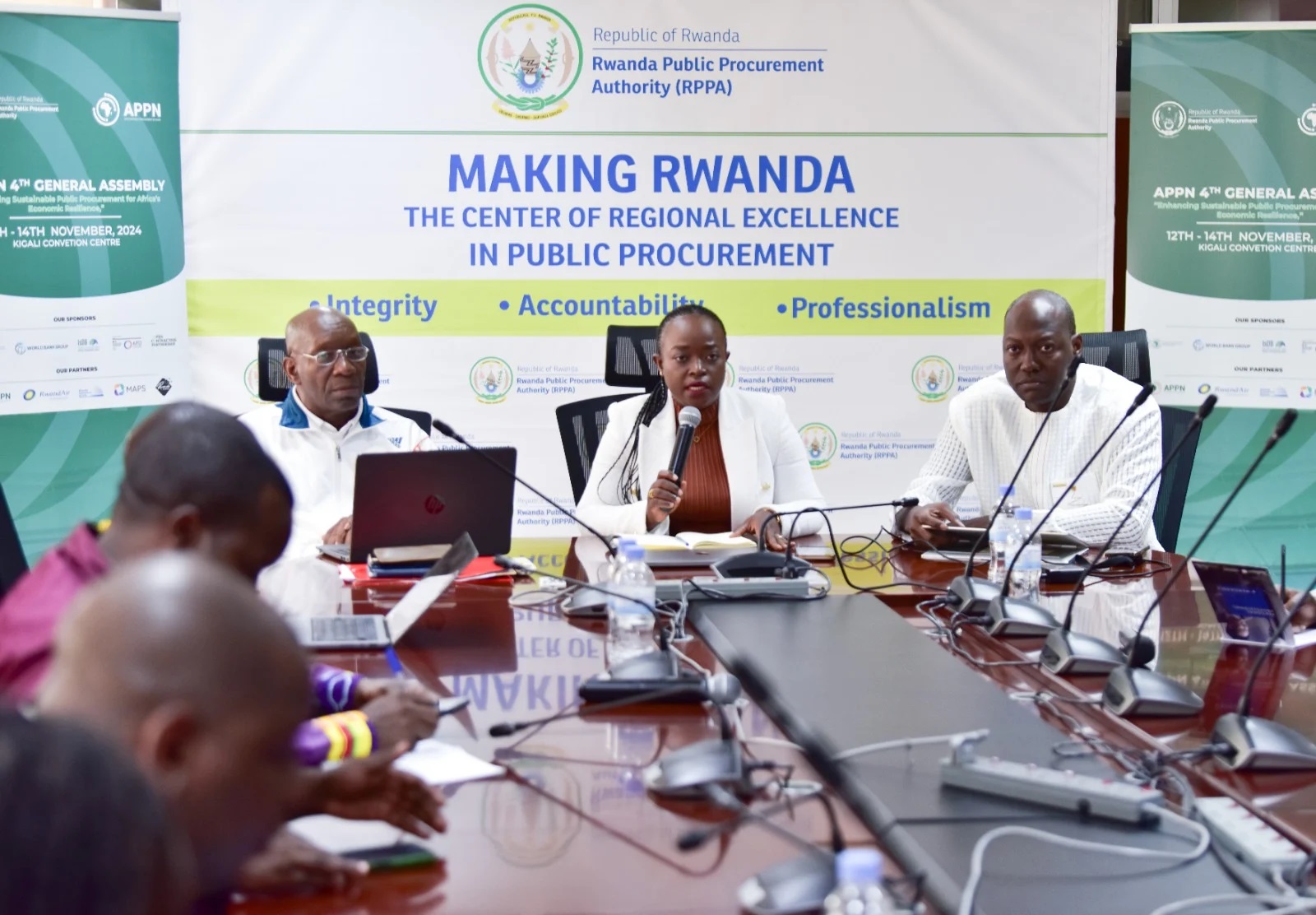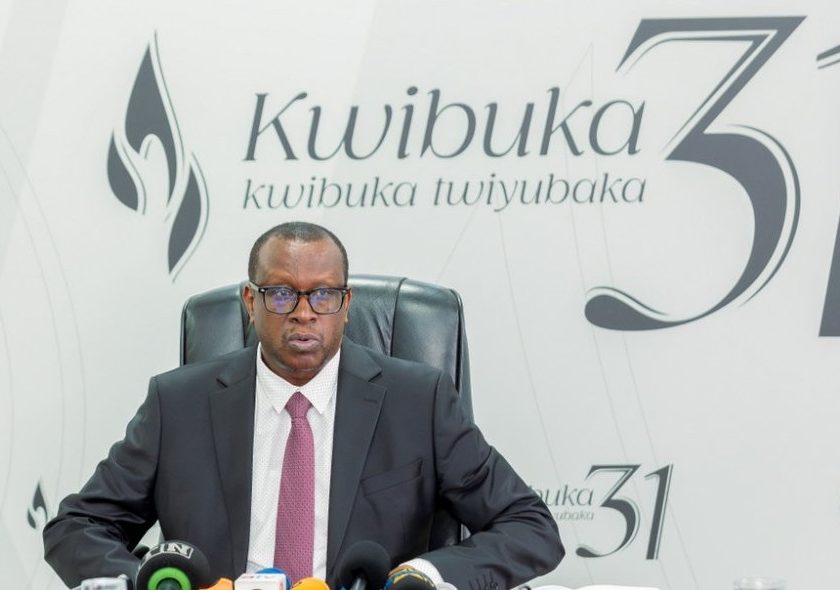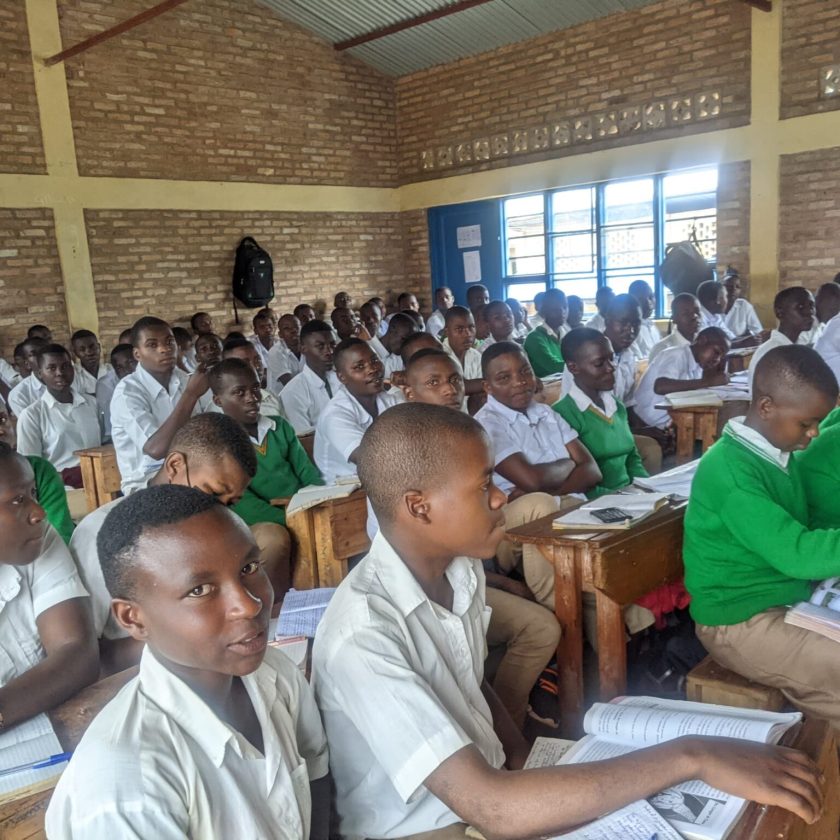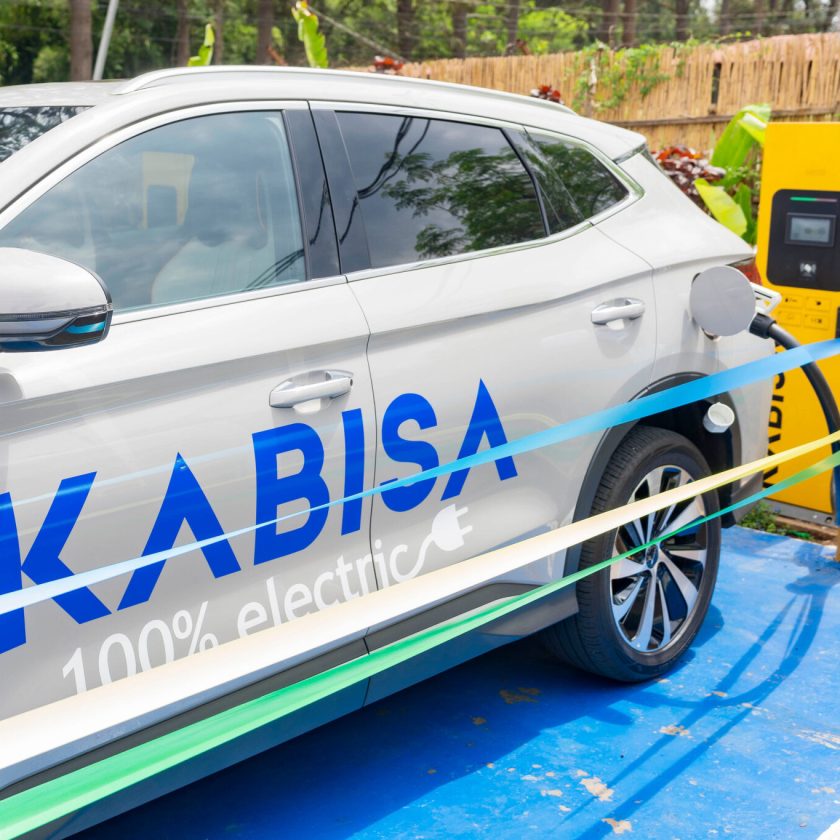The African Public Procurement Network (APPN) is set to hold a major conference in Kigali from November 12 to 14, 2024, to examine the role of public procurement in sustainable development. The summit will address issues such as minimizing payments for environmentally harmful goods and services.
Joyeuse Uwingeneye, Director General of the Rwanda Public Procurement Authority (RPPA) and current President of APPN, announced the event on Sunday, November 10, 2024. She was accompanied by senior representatives from Mali and Togo. Uwingeneye noted that RPPA, in collaboration with APPN and international financial institutions like the World Bank, the African Development Bank (AfDB), the Islamic Development Bank, and the French Development Agency (AFD), will work to finalize Rwanda’s Sustainable Public Procurement Policy Framework (SPP).
The policy, approved by Rwanda’s Cabinet on October 18, 2024, aims to streamline government procurement processes by promoting cost-effective solutions and ensuring contractors focus on citizen welfare and environmental protection.
Uwingeneye stated, “We are committed to purchasing items that have a 0% impact on the environment, starting with computers. You may have already noticed the introduction of electric vehicles.”
The SPP policy mandates that new construction projects in Rwanda incorporate sustainable building practices, such as using eco-friendly materials and implementing water and energy-saving measures.
Aftar Touré Morou, Head of Togo’s Public Procurement Authority and APPN’s Secretary General, highlighted that this will be APPN’s fourth conference in Rwanda. The event aims to promote shared knowledge and sustainable development solutions across Africa. He emphasized the need for African countries to reduce reliance on imports, which often arrive as outdated or low-quality goods transported by fuel-intensive ships and planes, thus adding pollution and incurring high costs.
“We need to focus on purchasing locally made goods. COVID-19 taught us the importance of self-sufficiency, pushing us to build local supply chains on this continent. This will be a key topic of discussion,” Touré explained.
APPN Vice President Alassane BA from Mali noted that APPN, now comprising 44 member countries, enables the exchange of information on procurement-related offenses. This network aids in apprehending offenders across the continent.
Rwanda’s SPP policy follows efforts to eliminate paper-based bidding processes, which were prone to corruption and the monopolization of state contracts. Rwanda has since implemented the E-Procurement System, UMUCYO, to digitize and promote transparency in procurement.
Uwingeneye added that digital and eco-friendly procurement practices will position Rwanda as a model for the continent. She revealed that Rwanda has already achieved over 70% transparency in procurement but has yet to reach 100% due to certain minor contracts and emergency procurements that are exempt from the bidding process. Additionally, some major projects involve external partners, and contractual agreements can sometimes lead to cost adjustments based on unforeseen requirements.
BY KAYITESI Ange





